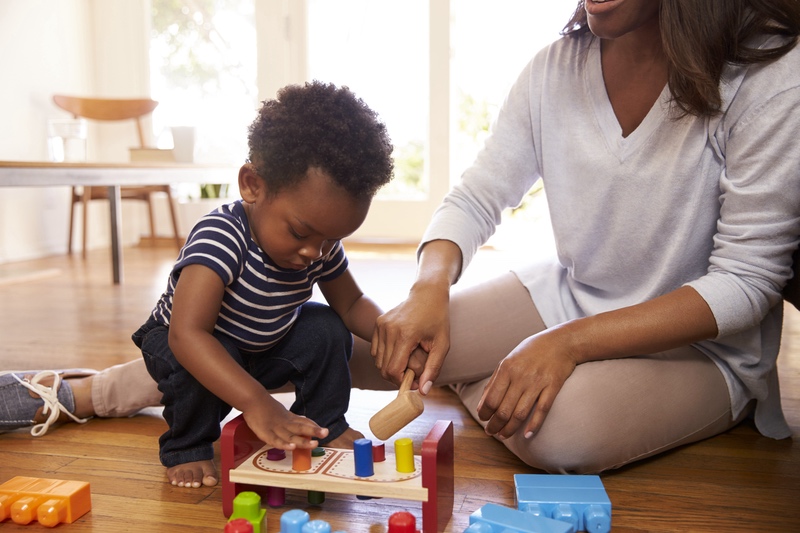Support children’s mental health by embracing failure
February 7, 2021
This year’s Children’s Mental Health Week is February 1-7. The week focuses on the importance of children and young individuals’ mental health. Associate Professor of Clinical Occupational Therapy Dr. Shelby Surfas is a specialist in the area of pediatric mental health, and currently serves as the Director of Occupational Therapy at the USC University Center of Excellence in Developmental Disabilities (UCEDD) based at Children’s Hospital Los Angeles. There, she has primarily addressed a nationally prevalent gap in occupational therapy services for children with mental health needs, while providing awareness and education, along with direct and consultative services, which have grown more than 500 percent since she became director. Dr. Surfas (interviewed by Student Ambassador Lamoni Lucas ’21) talks about pediatric mental health, the importance of children experiencing failure, and the crucial tips to support young individuals’ mental health.
In occupational therapy, we encourage our students, our families and ourselves to be authentic, take risks and fully experience life. Treatment goals in pediatric intervention highlight the success of occupational engagement and participation. These may include learning to ride a bicycle, performing a role in the school play, preparing a desired snack in the kitchen or, these days, Zooming with a friend.
To learn more about documentation related to pediatric mental health, refer to this video created by recent OTD Residency Graduate Dr. Joyce Yoo MA ’19, OTD ’20.
The implication, the goal and the expectation are all the same: success. When children learn and develop, there is a collective tolerance for accepting the struggle of falling off a bike, forgetting a line in the play, spilling the milk or speaking before unmuting. In fact, children are provided the tools and safe spaces during intervention to implicitly promote the acceptance of failure. Wearing knee pads, singing to memorize lines, referencing a visual recipe guide or providing technical support are naturally embedded within the occupation.

Do occupational therapists support failure? I suggest that is the real job, that is the work we do, that is the work our families are doing every day. It is the unspoken grit essential to find true success. A pediatric outpatient intervention in a sensory gym space will encourage safe falling, allowing a child to gain sensory awareness and safety awareness, to better understand their own body and its interaction with gravity, time, speed and the physical world.
When a child fails, they succeed at knowing something new about themselves and the world. Drawing outside of the lines, losing at a game, blurting hurtful words to a friend and bumping into a piece of furniture are all experiences to bring you into the present moment, with feedback for an alternate path. As described by Bessel Van der Kolk in The Body Keeps the Score, the challenge is not learning to accept the mistake, but learning how to gain mastery over internal sensations and emotions. Sensing, naming and identifying what is going on inside is the first step to wellness. In pediatric mental health intervention, occupational therapists encourage safe awareness, expression and compassion for all social, emotional and behavioral experiences for children and their families.
We embrace the experience of failure as an essential ingredient for the recipe to success. There is not always something “to do,” but we must always create space to acknowledge and feel the truth of this moment. I recommend the following to support pausing, listening and recognizing these moments of success in yourself and others:
1. Create a glitter jar.
2. Listen to “Zen Shorts,” by Jon J Muth (Ages 4+).
3. Utilize the Growth Mindset Workbook for Kids, by Peyton Curley (Pre-Teen).
Footnote: For specific guidance on ‘what is pediatric mental health,’ please refer to the AOTA Fact Sheet.
⋯
Next by tag Clinical ⟩ Health and Wellness ⟩





